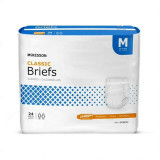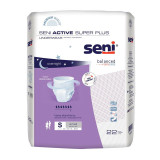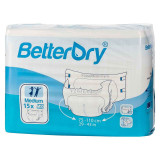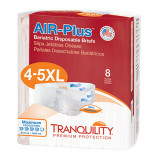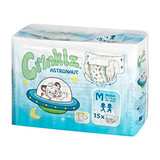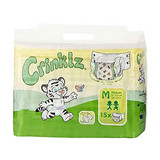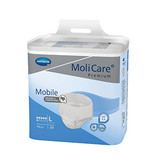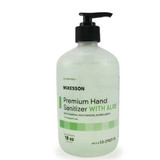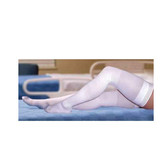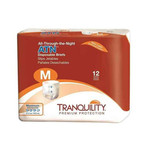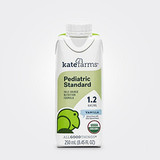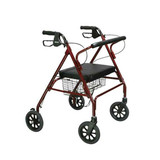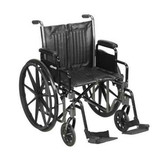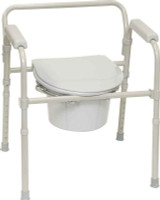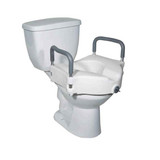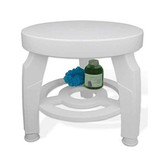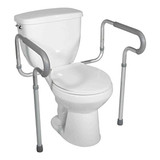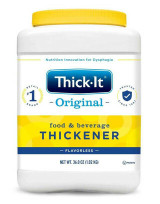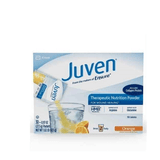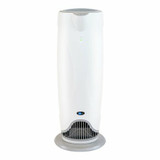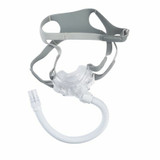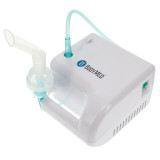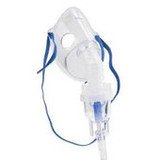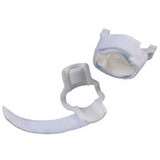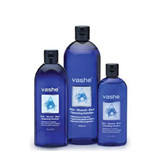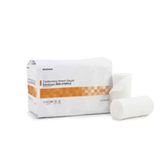
The Caregiver Guide – Exercises for Seniors for Healthy Aging
As people age, it is natural for their physical and cognitive abilities to decline. Consider also that, as the global population continues to age, more and more families are taking on the role of caregivers for their older loved ones. Caring for an older adult can be emotionally and physically demanding. Caregivers may experience stress, anxiety, and burnout as a result of the demands of the role.
Staying physically and mentally active can help older adults maintain their health and independence for as long as possible. Not only does this protect the dignity and sense of self-worth of the older adult, but it also significantly reduces the burden and stress for the caregiver. In this article, we look at what every caregiver should know about keeping an older loved one active and suitable exercises for seniors.
The Importance of Keeping Older Patients Active
Regular exercise can have numerous health benefits for older adults, including:
- Exercise improves cardiovascular health and reduces the risk of heart disease and stroke by improving circulation and reducing blood pressure and cholesterol levels.
- Certain exercises are good for improving balance, coordination and flexibility, thereby reducing the risk of falls and injuries.
- Exercise can contribute to reducing the risk of chronic conditions such as diabetes, arthritis and osteoporosis.
- Exercise reduces stress, anxiety and depression, improving overall mental health and well-being.
- Group exercise classes and other physical activities provide opportunities for socialization and social support and help to reduce feelings of isolation and loneliness.
In addition to physical health benefits, staying active can also have important benefits for cognitive health. Regular physical activity has been linked to improved memory, cognitive function and overall brain health in older adults. Activities that challenge the mind, such as puzzles, games and learning new skills, can also help maintain cognitive function and delay the onset of dementia and other cognitive disorders.
Strategies for Encouraging Activity in Older Patients
Encouraging older patients to stay active can be challenging, especially if they have physical limitations or chronic health conditions. However, there are many strategies that caregivers can use to help motivate and support older adults in their efforts to stay active. These may include:
- Encouraging participation in group exercise classes or other physical activities that provide social support and motivation.
- Incorporating physical activity into daily routines, such as taking short walks after meals or doing chair exercises while watching TV.
- Providing gentle reminders and encouragement to stay active, while also respecting the older adult's individual abilities and limitations.
- Offering a variety of activities and exercises that cater to different interests and abilities.
- Providing positive feedback and celebrating successes to help build motivation and confidence.
Techniques for Managing Common Physical Limitations
Many older adults experience physical limitations that can make it difficult to engage in physical activity or perform daily tasks independently. As a caregiver, it is important to understand these limitations and to develop strategies for managing them.
Some of the most common physical limitations that older adults may experience include:
- A loss of mobility and balance makes it difficult to engage in physical activity without assistance or support.
- As people age, they may experience a loss of muscle mass and strength, which can make it difficult to perform physical activities.
- Chronic pain conditions, such as arthritis, can limit an older adult's ability to move and perform physical activities.
- Hearing and vision impairments can make it difficult for older adults to navigate their environment and perform daily tasks.
- Older adults often experience fatigue or a lack of energy, which can make it difficult to sustain physical activity for long periods.
There are many techniques and strategies that caregivers can use to help manage physical limitations in older adults. These may include:
- For people with reduced mobility, assistive devices such as canes or walkers will provide support and balance. This allows the patient to do certain exercises that may otherwise be very difficult. For professional advice and assistance in this area, contact us at LL Medico. We have a wide range of mobility products and over 25 years of experience in the field of elder care.
- Pain management techniques, such as medication, heat therapy or massage, can help older adults manage pain before, during or after engaging in physical activity.
- Breaking exercise routines into smaller sessions or using alternative methods, can help older adults reach exercise goals that they may otherwise be unable to achieve.
Activities Suitable for Older Adults
Physical activity is crucial for maintaining strength, balance, and overall health in older adults. However, it is important to choose activities that are appropriate for an individual's level of ability and fitness. Some suitable physical activities for older adults include:
- Walking is a low-impact exercise that can be done indoors or outdoors and can be easily adapted to different levels of fitness.
- Tai Chi is a gentle form of exercise that focuses on balance and coordination. Although quite easy to do at the beginner level, it becomes quite demanding at more advanced levels and can also contribute to cardiovascular fitness.
- Swimming or water aerobics are low-impact activities that provide very good cardiovascular and resistance exercise, making them excellent choices for older adults with joint pain or limited mobility.
- Yoga helps to improve flexibility, strength, and balance and can be adapted to different levels of ability. And, what’s more, yoga requires no special equipment and can be done anywhere, whether alone or in a group.
- Resistance training, such as lifting weights or using resistance bands is good for improving strength and mobility
In addition to physical activities, engaging in mental activities can help maintain cognitive function and overall brain health in older adults. Some suitable mental activities for older adults include:
- Reading not only helps to maintain cognitive function but also provides entertainment and relaxation.
- Puzzles and games, such as crossword puzzles, Sudoku, and card games, challenge the mind and provide social engagement opportunities.
- Learning new skills, such as a new language or hobby can provide a sense of accomplishment and purpose. Creative people can even use their hobbies to bring in a little extra money.
- Painting, drawing or playing music are soothing and relaxing, yet stimulate the mind and imagination. They require minimal physical effort and give scope for self-expression.
Caregiving is a tough job. It’s made much tougher when the loved one we’re caring for becomes unable to do things independently. Finding suitable exercises for seniors that can keep them active helps to maintain their strength and mental capacity and makes caring for them a little easier.
Just remember, you do not have to do this on your own. There are numerous resources available where you can get advice and support. Start by looking at the Family Caregiver Alliance and the National Alliance for Caregiving. And bookmark LL Medico for all your mobility, incontinence and other elder care product requirements.








